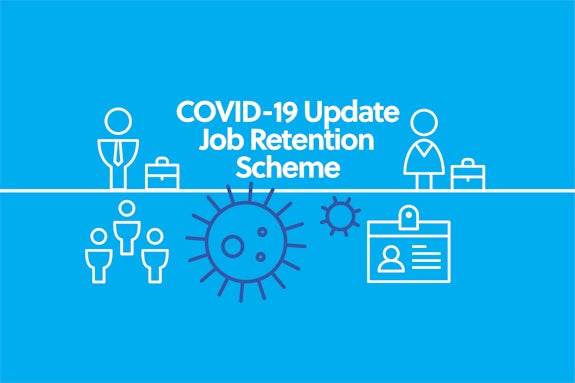We now have a bit more detail of the Coronavirus Job Retention Scheme (otherwise known as the Furlough Scheme), as the Government have now published some guidance (https://www.gov.uk/guidance/claim-for-wage-costs-through-the-coronavirus-job-retention-scheme).
What we still do not know is whether or not there will be some legislation, or whether or not HMRC will simply rely on this guidance.
These are the main points, some of which add a bit more details, others seem to be in response to questions that have arisen since the Chancellor announced the Scheme a week ago.
- the scheme is open to all UK employers that had a PAYE scheme in place on 28 February 2020;
- Anybody who was on the payroll on 28 Feb and has since been made redundant can be rehired and put on the scheme;
- any organisation with employees can apply, including charities, recruitment agencies and public authorities;
- the scheme is available for agency employees, provided they are not working;
- employers can reclaim up to 80% of wage costs up to a cap of £2,500 per month, plus (not including) the associated employer NICs and minimum auto enrolment pension contributions on that wage. Fees, commissions and bonuses are not included;
- an employer can choose to top up to 100%, but does not have to (subject to employment law and renegotiating any contractual entitlements);
- for employees whose pay varies, the employer can claim for the higher of (i) the same month’s earning from the previous year (eg earnings from March 2019); or (ii) average monthly earnings in the 2019-20 tax year;
- individuals are only entitled to the minimum wage for the hours they “work”. As such, when furloughed, they are not working, and may well receive less than National Minimum Wage, The are entitled to received NMW for any time spent training;
- furlough leave must be taken in minimum blocks of three weeks to be eligible for funding;
- there is nothing in the guidance which prohibits rotating furlough leave amongst employees, provided each employee is off for a period of at least three weeks;
- the employee must not be working at all. If they work for even an hour (presumably during their entire three week furlough period), they are not eligible. However, they are able to undertake training and do volunteer work, provided they do not provide services to or make any money for their employer;
- when agreeing changes in hours (and acceptance of 80% pay), assuming the contract does not already allow for that, normal employment law applies, including the requirement to avoid discrimination;
- employees on sick pay or self-isolating cannot be furloughed – they would need to demonstrate their fitness to return to work before you consider furlough leave. Employees who are ‘shielding’ can be placed on furlough leave;
- employees on maternity (or similar) leave can continue to draw SMP (or similar) payments. The guidance does not prohibit women on maternity leave agreeing to return to work early and then being furloughed, or electing to change to shared parental leave and then being furloughed;
- employers can only claim once every three weeks, ie they cannot get weekly reimbursement. Claims can be backdated to 1 March 2020.
This is welcome news for all employers, and now we have a bit more detail, what we now need is some indication from HMRC as to when their portal will be up and running and how and when payments will be made.
What the government have said is that it “expects” the scheme to be up and runnning by the end of April. There are other measures in place designed to help more immediate cashflow issues, such as the Coronavirus Small Business Grant Fund or the Coronavirus Business Interruption Loan scheme, albeit we are aware that the banks eligibility tests and the sheer number of applications may not be assisting for shorter term solutions.
If you require assistance in changing terms and conditions of the employment contract or have any other questions, then please get in touch with our employment partners, Stuart Robertson (srobertson@gilsongray.co.uk; 07793 821 523) or Graham Millar (gmillar@gilsongray.co.uk; 07841 920 102).
The information and opinions contained in this blog are for information only. They are not intended to constitute advice and should not be relied upon or considered as a replacement for advice. Before acting on any of the information contained in this blog, please seek specific advice from Gilson Gray.


